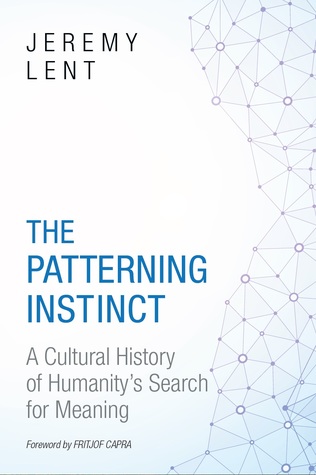When the framework of modern economics was developed in the eighteenth century, it seemed reasonable to view natural resources as unlimited because, for all intents and purposes, they were. Economists therefore treated minerals, trees, and water as commodities to be sold at a price that was simply the cost of extracting and marketing them. As we've seen, the experience of the past fifty years has proven that assumption to be wrong.
Welcome back. Just a moment while we sign you in to your Goodreads account.


